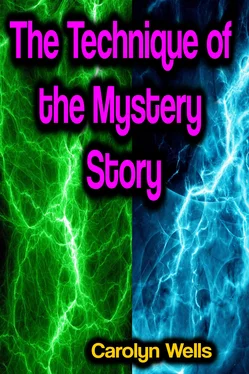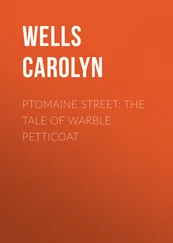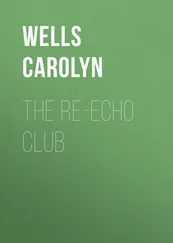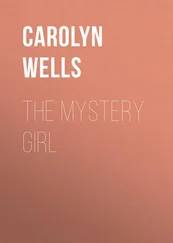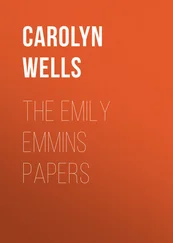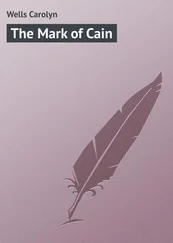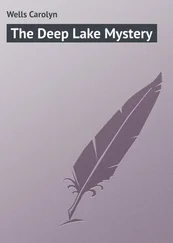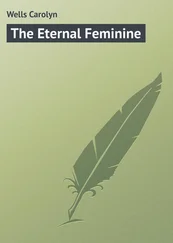The problem, as stated, rouses no thrill of expectancy. There is no cause for interest, wonder, or curiosity. It is all "The truthful treatment of the material," and has no art in presentation or implication. Now we come to the description of the detective:
In a few minutes the door opened and a strong, well-built man with square shoulders shambled into the room. He had gray hair, a thick nose, blue eyes, a smooth face and a perpetual smile. He glanced about him in a furtive way and realized that he was in the presence of the triumvirate of talent that ruled the under-world of Paris. He squared himself as a man would who was preparing to be on the defensive.
A commonplace description of a commonplace man, which does not in the least provoke our desire to know more of him.
And so, through the dull and prosy story, we read the uneventful proceedings which led to the conviction of the criminal.
Never would Detective Stories have a vogue if they were written thus. But it is not so much the presence of the facts as the absence of the fiction that is the trouble. The plain unvarnished statements leave us no room for expectation, no reason for surprise. Detective Stories are not built around truthful incidents.
Another volume of "True Stories of Crime", by Arthur Train, gives us this foreword:
"The narratives composing this book are literally true stories of crime. In a majority of the cases the author conducted the prosecutions himself, and therefore may claim to have a personal knowledge of that whereof he speaks. While no confidence has been abused, no essential facts have been omitted, distorted, or colored, and the accounts themselves, being all matters of public record, may be easily verified. The scenes recorded here are not literature but history, and the characters who figure in them are not puppets of the imagination, but men and women who lived and schemed, laughed, sinned and suffered, and paid the price when the time came, most of them, without flinching. A few of those who read these pages may profit perhaps by their example; others may gain somewhat in their knowledge of life and human nature; but all will agree that there are books in the running brooks, even if the streams be turbid, and sermons in stones, though these be the hearts of men. If in some instances the narratives savor in treatment more of fiction than of fact, the writer must plead guilty to having fallen under the spell of the romance of his subject, and he proffers the excuse that, whereas such tales have lost nothing in accuracy, they may have gained in the truth of their final impression."
The stories in this book may be interesting to a lover of human documents, but to the reader of "Detective Stories," they are dull and prosy, except where "the writer fell under the spell of romance."
5. The Interest of the Detective Story
Poe says, in speaking of the writer's plan:
"A skillful literary artist has constructed a tale. If wise, he has not fashioned his thoughts to accommodate his incidents; but having conceived, with deliberate care, a certain unique or single effect to be wrought out, he then invents such incidents—he then combines such events as may best aid him in establishing this preconceived effect. If his very initial sentence tend not to the outbringing of this effect, then he has failed in his first step. In the whole composition there should be no word written, of which the tendency direct or indirect, is not to the one pre-established design. And by such means, with such care and skill, a picture is at length painted which leaves in the mind of him who contemplates it with a kindred art, a sense of the fullest satisfaction."
The interest of the Detective Story depends entirely on its rousing the reader's curiosity. Every detail of its plan must sustain and heighten an intense determination to know the solution of the riddle; and as this curiosity becomes keener, and this determination more inflexible, so much more necessary is it that the explanation shall be adequate and satisfactory.
But this result cannot be achieved if the author undertakes his work in the spirit shown by the authors of "The Wrecker", Robert Louis Stevenson and Lloyd Osbourne, when they say:
"We had long been at once attracted and repelled by that very modern form of the police novel or mystery story, which consists in beginning your yarn anywhere but at the beginning, and finishing it anywhere but at the end; attracted by its peculiar interest when done, and the peculiar difficulties that attend its execution; repelled by that appearance of insincerity and shallowness of tone, which seems its inevitable drawback. For the mind of the reader, always bent to pick up clews, receives no impression of reality or life, rather of an airless, elaborate mechanism; and the book remains enthralling, but insignificant, like a game of chess, not a work of human art. It seemed the cause might lie partly in the abrupt attack; and that if the tale were gradually approached, some of the characters introduced (as it were) beforehand, and the book started in the tone of a novel of manners and experience briefly treated, this defect might be lessened and our mystery seem to inhere in life."
The technique of the Mystery Story does not permit it to be a novel of manners, and yet the manners must not be neglected. If a Detective Story is to be literature, what may be called its manners must be looked after quite as carefully as its plot, though by no means with such conspicuous result. Intrinsic merit must be the real basis of its interest.
It is the care and artistic conscience that count, notwithstanding the ideas expressed in "The Wrecker".
Mr. Julian Hawthorne truly says,
"You cannot make a riddle story by beginning it and then trusting to luck to bring it to an end. You must know all about the end and the middle before thinking, even, of the beginning; the beginning of a riddle story, unlike those of other stories and of other enterprises, is not half the battle; it is next to being quite unimportant, and, moreover, it is always easy. The unexplained corpse lies weltering in its gore in the first paragraph; the inexplicable cipher presents its enigma at the turning of the opening page. The writer who is secure in the knowledge that he has got a good thing coming, and has arranged the manner and details of its coming, cannot go far wrong with his exordium; he wants to get into action at once, and that is his best assurance that he will do it in the right way. But O! what a labor and sweat it is; what a planning and trimming; what a remodeling, curtailing, interlining; what despairs succeeded by new lights, what heroic expedients tried at the last moment, and dismissed the moment after; what wastepaper baskets full of futilities, and what gallant commencements all over again! Did the reader know, or remotely suspect, what terrific struggles the writer of a really good detective story had sustained, he would regard the final product with a new wonder and respect, and read it all over once more to find out how the troubles occurred. But he will search in vain; there are no signs of them left; no, not so much as a scar. The tale moves along as smoothly and inevitably as oiled machinery; obviously, it could not have been arranged otherwise than it is; and the wise reader is convinced that he could have done the thing himself without half trying. At that, the weary writer smiles a bitter smile; but it is one of the spurns that patient merit of the unworthy takes. Nobody, except him who has tried it, will ever know how hard it is to write a really good detective story. The man or woman who can do it can also write a good play (according to modern ideas of plays), and possesses force of character, individuality, and mental ability. He or she must combine the intuition of the artist with the talent of the master mechanic, but will seldom be a poet, and will generally care more for things and events than for fellow creatures."
Читать дальше
